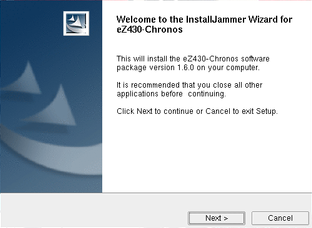How not to distribute software
I recently acquired a TI eZ430-Chronos watch/development platform. It’s a pretty fancy piece of kit just running the stock firmware, but I got it with hacking in mind, so of course that’s what I set out to do. Little did I know that TI’s packaging of some of the related tools is a good lesson in what not to do when packaging software for users of any system that isn’t Windows..
The first thing to do when working with a new platform is usually to try out the sample applications, and indeed in this case I did exactly that. TI helpfully provide a distribution of the PC-side software for communicating with the Chronos that runs on Linux, but things cannot be that easy. What follows is a loose transcript of my session to get slac388a unpacked so I could look at the provided code.
|
|
Oh, it did nothing. Maybe it segfaulted silently because it’s poorly written?
|
|
Great. It runs and exits with code 127. How useful.
I moved the program over to a 32-bit system, and of course it worked fine, although that revealed a stunningly brain-dead design decision. The following image says everything.

To recap, this was a Windows-style self-extracting installer packed in a zip archive upon initial download, designed to run on a 32-bit Linux system, which failed silently when run on a 64-bit system. I am simply stunned by the bad design.
Bonus tidbit: it unpacked an uninstaller in the directory of source code and compiled demo applications, as if whoever packaged it decided the users (remember, this is an embedded development demo board so it’s logical to assume the users are fairly tech-savvy) were too clueless to delete a single directory when the contents were no longer wanted. I think the only possible reaction is a hearty :facepalm:.